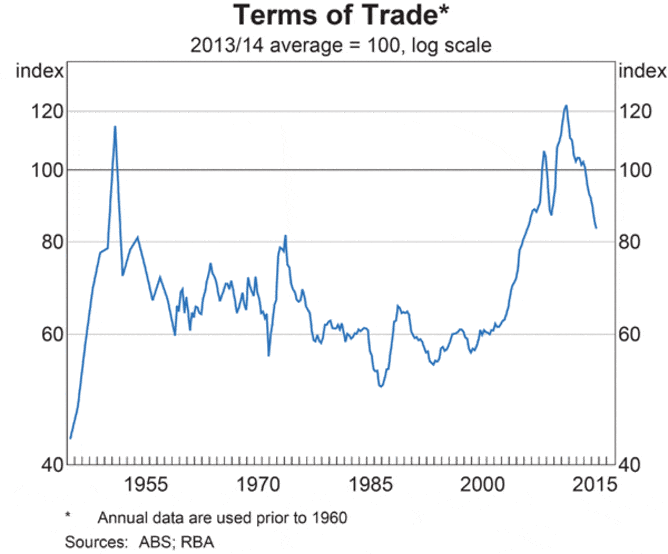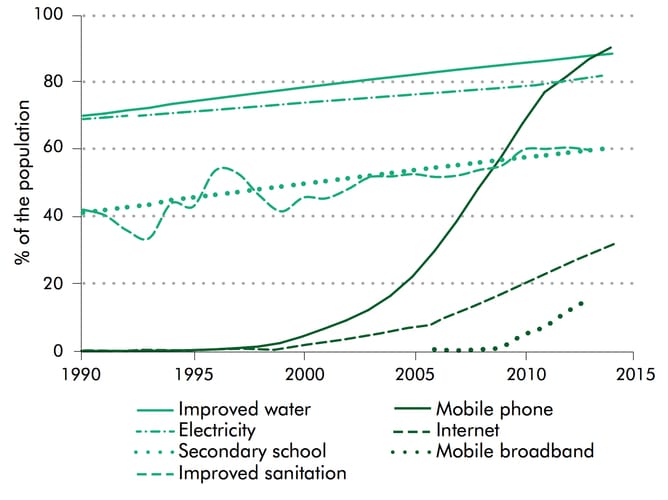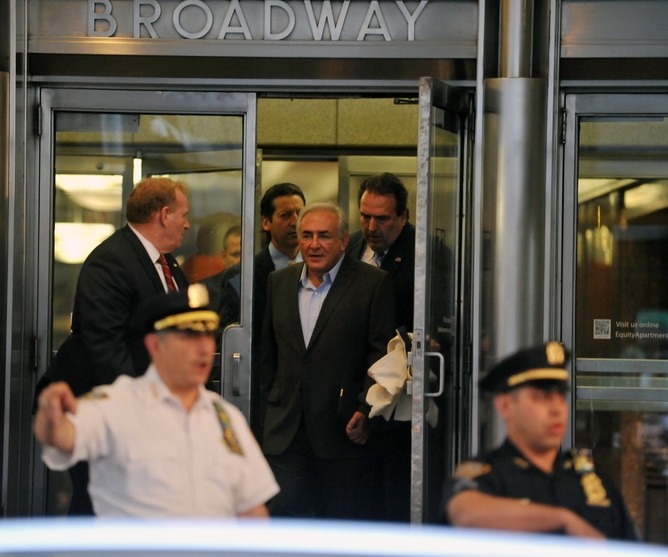RBA: We May, or May Not, Cut Rates
The Reserve Bank of Australia left the benchmark cash rate at 2.0% on Tuesday, summarising the thinking as follows:
“At today’s meeting, the Board judged that there were reasonable prospects for continued growth in the economy, with inflation close to target. The Board therefore decided that the current setting of monetary policy remained appropriate.







